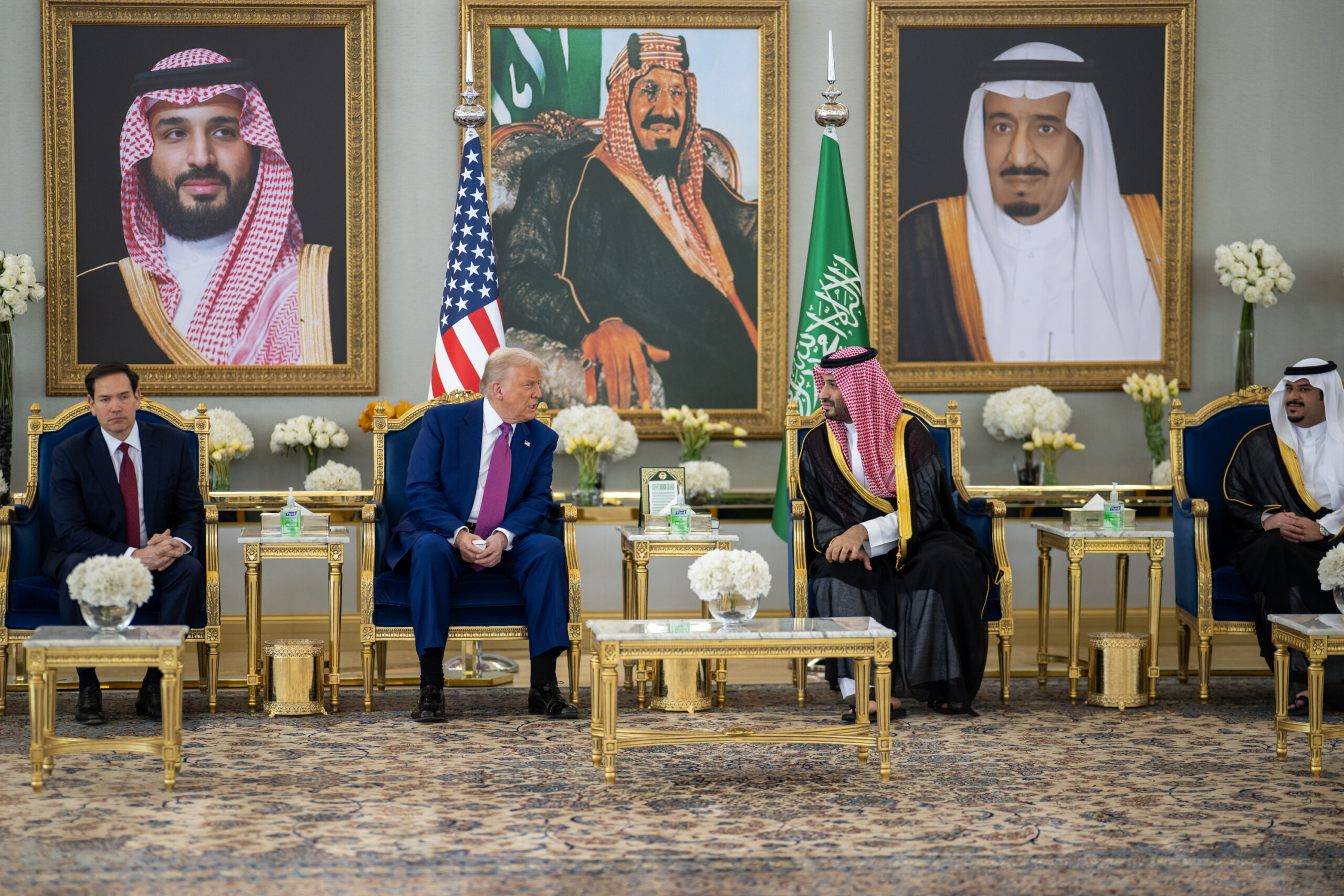Once such stealth technology leaves American control, the strategic danger is nearly irreversible.
“We’re going to have a deal. They’re going to purchase F-35s. They’re buying them from Lockheed, and it’s a great plane,” stated U.S. President Donald Trump in the Oval Office last week during the visit from Saudi Crown Prince Mohammed bin Salman. This news should alarm every American and all friends of Israel.
For all of Saudi Arabia’s perceived importance to the United States, it remains an authoritarian, repressive monarchy whose internal politics are far from stable. Arming such a regime with the most advanced stealth fighter jets carries risks that are just too high for today’s Middle East. Friendly-to-America strongmen rulers can be toppled, policies can shift overnight, and weapons placed in their hands can quickly be beyond U.S. influence or control.
This is not a routine arms sale. Granting Riyadh access to the F-35 means placing America’s most advanced stealth and sensor technology into the hands of a regime that has no democratic checks and balances, and zero long-term certainty of political continuity.
There is no guarantee that future Saudi rulers will align with American interests in the way current leadership claims to. The critical question is not whether the Saudis are friendly now, but whether the United States can trust any autocracy with such sophisticated systems when future use cannot be foreseen or constrained. The Arab world is legendary for its revolutions and violent coups.
History offers a warning. Washington once sold F-14s to the Shah of Iran, only for those jets to become assets of a radically anti-American regime after the 1979 Islamic revolution. Before this summer, Iran’s air force posed a threat not only to the United States but also to Israel—a threat that stemmed in part from a shortsighted arms transfer made under the pretense that an autocratic regime would remain stable. That lesson should loom large as Congress considers whether to greenlight even more advanced aircraft to another authoritarian state.
F-35 stealth fighter jets can reach Israel in mere minutes from Saudi Arabia—a country that still has no formal relations with Israel and a royal government that continues to boycott Israeli products.
The case for urgent congressional scrutiny is clearer than ever. Legislators cannot treat this as just another diplomatic favor; they must insist that any sale exclude stealth-sensitive technologies.
Moreover, national security officials are alarmed by the possibility that China could gain access to U.S. stealth technology through Riyadh. That is not a theoretical concern; reports suggest some in the administration worry the F-35 tech could be compromised given the strength of Saudi-China ties.
We must also remember that the Saudis could, for whatever reason, decide to transfer some of these high-tech supersonic stealth strike fighter/bombers to another country. In 1982, during Israel’s war against the Palestinian Liberation Organization in Lebanon, it was widely reported that among the weapons Israel seized were American-made M-16 army rifles that had been originally sold to Saudi Arabia.
Congress must act before contracts are signed and before jets are delivered. Once the stealth F-35s leave American control, the strategic danger is nearly irreversible. The United States must not let short-term geopolitical convenience or financial incentives cloud its long-term judgment. Promises from Riyadh, even on Abraham Accords-style normalization, are not worth surrendering America’s technological edge or undermining Israel’s security.
Allowing a deeply authoritarian monarchy to obtain the most sophisticated aircraft ever built is a historic risk. This could haunt both American and Israeli security for decades unless Congress steps in and places strict limits on F-35 sales to anti-democratic regimes.





